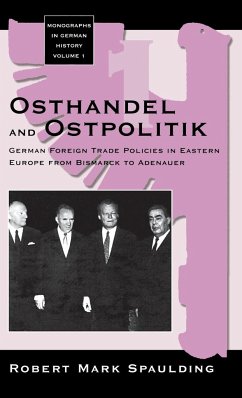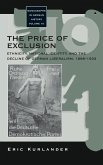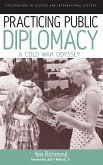Eclipsed by the scope of the Atlantic economy, obscured by Anglo-German rivalry, and nearly destroyed by the post-1945 division of Europe, the flow of goods across East Central Europe has been, nonetheless, an immensely significant pattern of European economic exchange. For Germany, the Osthandel (Eastern trade) was both a blessing and a curse; its bounty provided much of the raw material for the rise of German economic and political power in Europe, while its lure tantalized German ambitions to the point of madness. Despite the enduring importance of this commerce, no monograph has yet made this pattern of trade the centerpiece of its treatment of German-East European relations. This study puts this important pattern of German-East European trade into the center of discussion and views an extended period of German foreign policy toward Eastern Europe through this lens.
Hinweis: Dieser Artikel kann nur an eine deutsche Lieferadresse ausgeliefert werden.
Hinweis: Dieser Artikel kann nur an eine deutsche Lieferadresse ausgeliefert werden.








